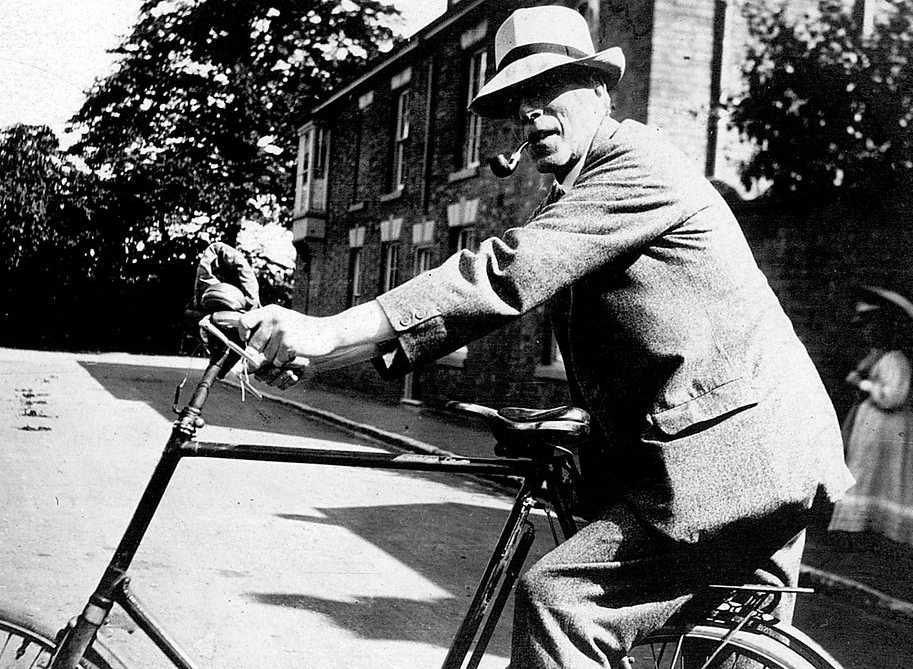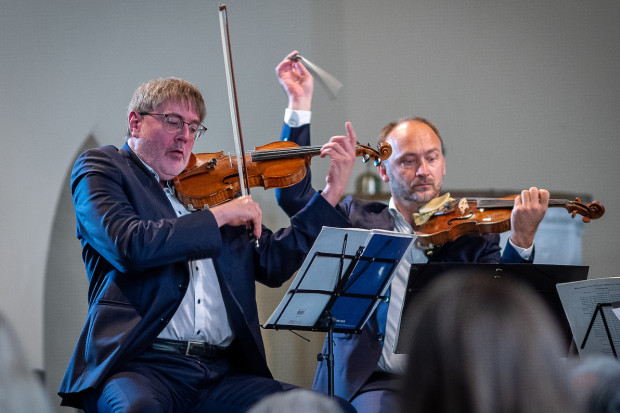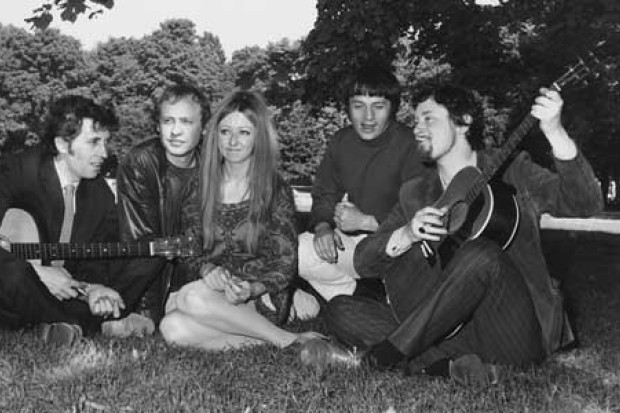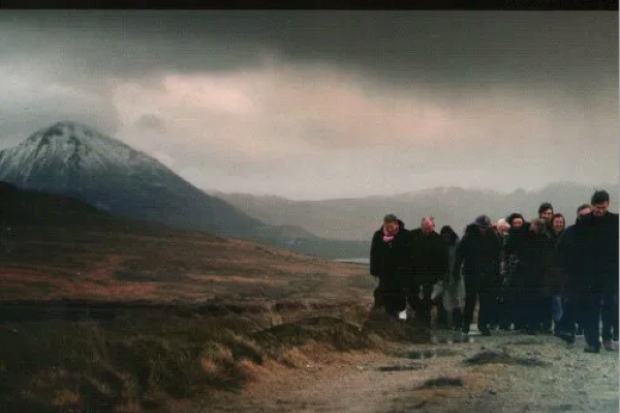
Cecil Sharp
English Folk Dance and Song Society Reassessing its Archives Due to Racist Language
The English Folk Dance and Song Society (EFDSS) in London has issued a statement saying that it is reassessing its archives due to historic material that contains racist language and attitudes.
Material that is regarded as offensive will in the future be flagged for readers. The statement reads: ‘We are working to flag on the Library catalogue any items of stock which include any discriminatory language, views or images. This is a lengthy process and while we engage in it you may still find examples which are unacceptable to modern readers.’
‘We don’t want people to come to our archive and read these things without being pre-warned that they’re there,’ says Tiffany Hore, Library and Archives Director, speaking to the Journal of Music.
We’ve always wanted to be seen, and we feel that we are, a very inclusive organisation. We want to be there for anybody who is interested in traditional music… Through everything that happened last year with the Black Lives Matter protests, a lot of arts organisations started looking at themselves a bit harder.
‘We’d very much already talked a lot about about we become more inclusive and how we become more representative of the communities we serve,’ she continued. ‘We’ve long thought about what English music is and what that encompasses and given that we live in such a multi-cultural society. The protests last summer brought people’s thinking into greater focus.’
The EFDSS was established in 1932 and has as some of its core collections the material of the collector Cecil Sharp (1859–1924). Sharp’s collection is one of the best known of folk-music collections and his work inspired the compositions of composers such as Holst and Vaughan Williams. Sharp used offensive language in his diaries when he was collecting songs on the Appalachian Mountains in the US between 1916 and 1918. The organisation’s building is also called Cecil Sharp House.
The EFDSS statement says:
At the Vaughan Williams Memorial Library we recognise that our library and archive collections contain items with racist language and/or attitudes, or which depict outdated practices. … We retain such items as we believe that it would be wrong to falsify the historical record. We also believe that in order to bring about meaningful change in the present, we must learn from the wrongs of the past…
‘In the present day,’ says Hore, ‘it’s still really important for us to acknowledge that these are really offensive views and people’s views back then have consequences for the decades that followed…. It’s not just Cecil Sharp, it’s practices like using blackface in Morris dancing, against which EFDSS has taken a very strong stance and now there’s also been a ruling from the joint Morris dancing associations against blackface.’
The EFDSS says that it is also ‘undertaking an appraisal of [its] classification scheme and subject headings in an effort to eliminate any reflections of the colonial world in which they were created.’
The organisation is hosting a conference on ‘Diversity in Folk’ this November and is currently seeking papers. See the full call here.
For the EFDSS statement on its archives, visit www.efdss.org/about-us/what-we-do/news/10397-reassessing-our-archives

















